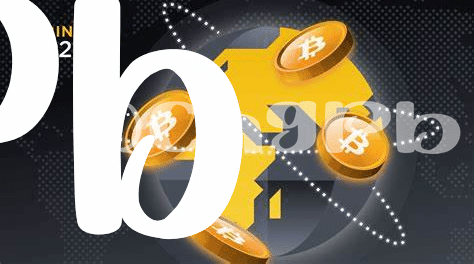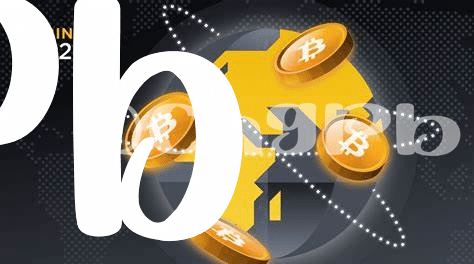Potential Risks 🚨

Running a peer-to-peer Bitcoin exchange comes with various potential risks that operators need to navigate carefully. These risks include but are not limited to fraud, regulatory non-compliance, market volatility, and cybersecurity threats. Being aware of these risks and implementing effective risk management strategies is crucial for the success and sustainability of a P2P Bitcoin exchange platform.
Regulatory Frameworks 📜
When considering the regulatory frameworks surrounding peer-to-peer Bitcoin exchanges, it is crucial to navigate a complex landscape of laws and guidelines that vary from country to country. Understanding and adhering to these regulatory frameworks is essential for the legitimacy and long-term sustainability of such platforms. By staying informed and compliant, peer-to-peer exchanges can mitigate risks, build trust with users, and contribute to the overall stability of the cryptocurrency ecosystem. For further insights on how regulatory changes impact Bitcoin trading in different regions, check out this informative article.
Kyc & Aml Compliance 🛡️

Understanding the importance of verifying the identity of users and monitoring transactions is crucial for maintaining a secure peer-to-peer Bitcoin exchange platform. KYC (Know Your Customer) procedures help in validating the identity of users, reducing the risk of fraudulent activities, and ensuring compliance with regulatory requirements. On the other hand, AML (Anti-Money Laundering) measures are essential for detecting and preventing illicit activities, such as money laundering and terrorist financing. Implementing robust KYC and AML compliance practices not only safeguards the platform but also builds trust among users, contributing to a more sustainable exchange ecosystem.
Security Measures 🔒

For the security of users and the integrity of transactions on peer-to-peer Bitcoin exchanges, robust security measures are essential. Implementing multi-factor authentication, encryption protocols, and secure cold storage solutions can help safeguard digital assets. Regular security audits and penetration testing are crucial to identify and address vulnerabilities promptly and ensure continuous protection against cyber threats.
It’s vital for peer-to-peer Bitcoin exchanges to stay updated on the latest security best practices and compliance requirements to maintain a safe trading environment for users. Additionally, providing educational resources on cybersecurity awareness and safe trading practices can empower customers to take proactive measures in protecting their assets. For more detailed guidelines on safe peer-to-peer Bitcoin exchanges, you can refer to the peer-to-peer bitcoin trading laws in Iceland outlined in this informative article.
Customer Education 📚
Customer education plays a pivotal role in ensuring safe transactions and fostering trust in peer-to-peer Bitcoin exchanges. By providing clear and accessible information on secure practices, potential risks, and regulatory compliance, users are empowered to make informed decisions. Educational resources, such as guides and tutorials, can help users navigate the complex landscape of cryptocurrency exchanges, ultimately promoting a safer and more transparent trading environment. Educated customers are not only better equipped to protect their assets but also contribute to the overall integrity of the platform.
Ongoing Monitoring 🕵️♂️

Throughout the operation of a peer-to-peer Bitcoin exchange, continuous monitoring is crucial. This ongoing surveillance allows for the timely detection of any suspicious activities and ensures compliance with regulatory requirements. By regularly assessing transactions and user behavior, potential risks can be mitigated, and any non-compliance issues addressed promptly. Implementing a robust monitoring system not only enhances security but also helps build trust among users and regulatory authorities. It is an essential component in maintaining the integrity and sustainability of the exchange. For more information on peer-to-peer Bitcoin trading laws in Hungary, click here: peer-to-peer bitcoin trading laws in Honduras.
